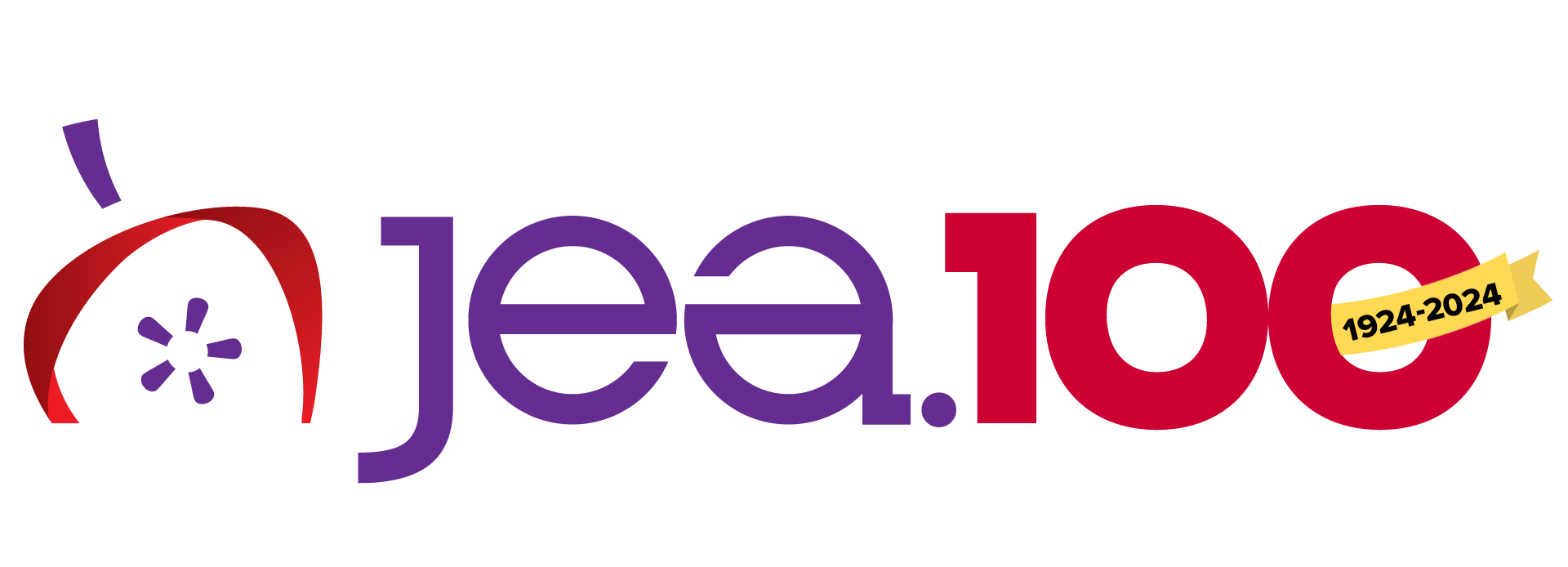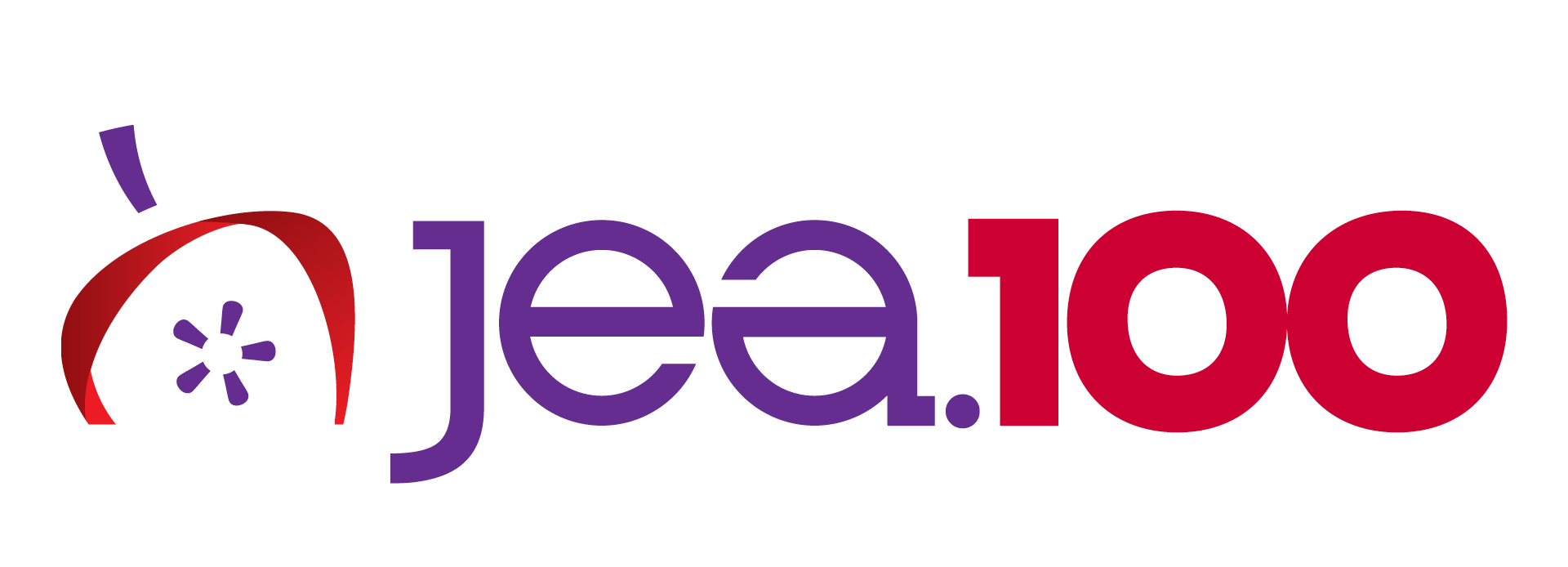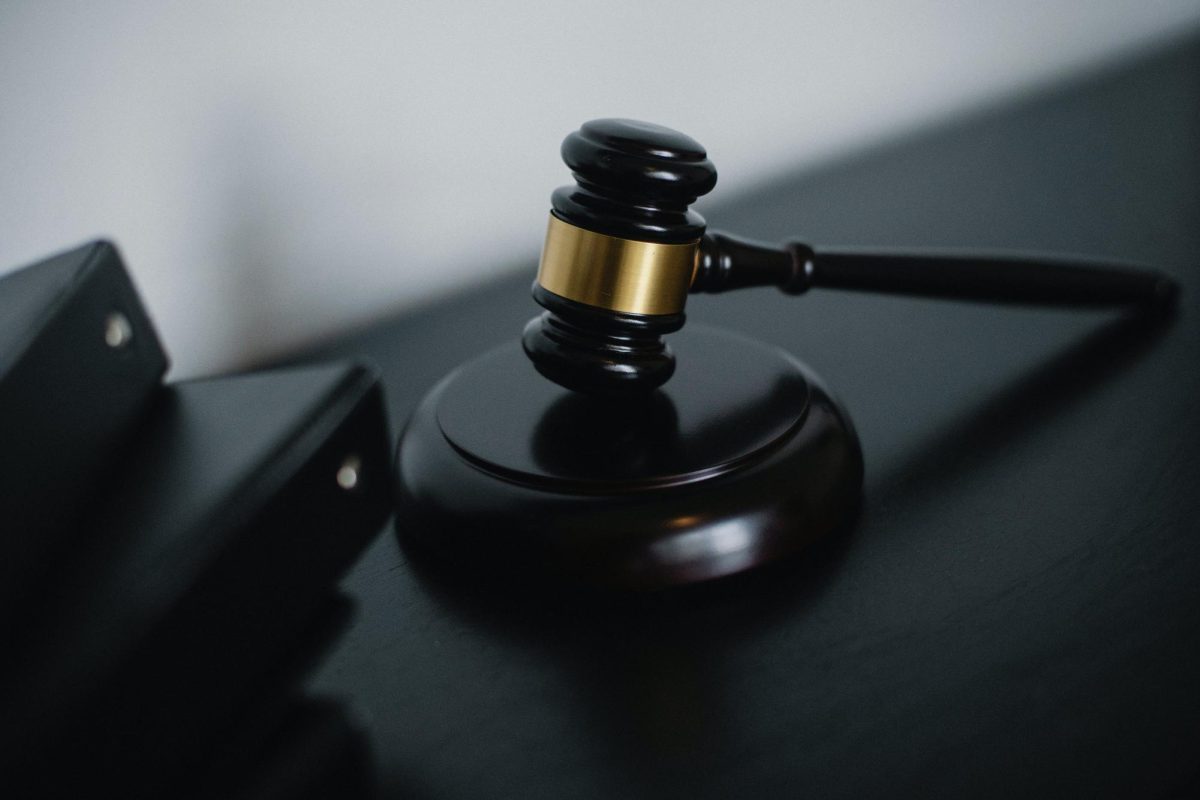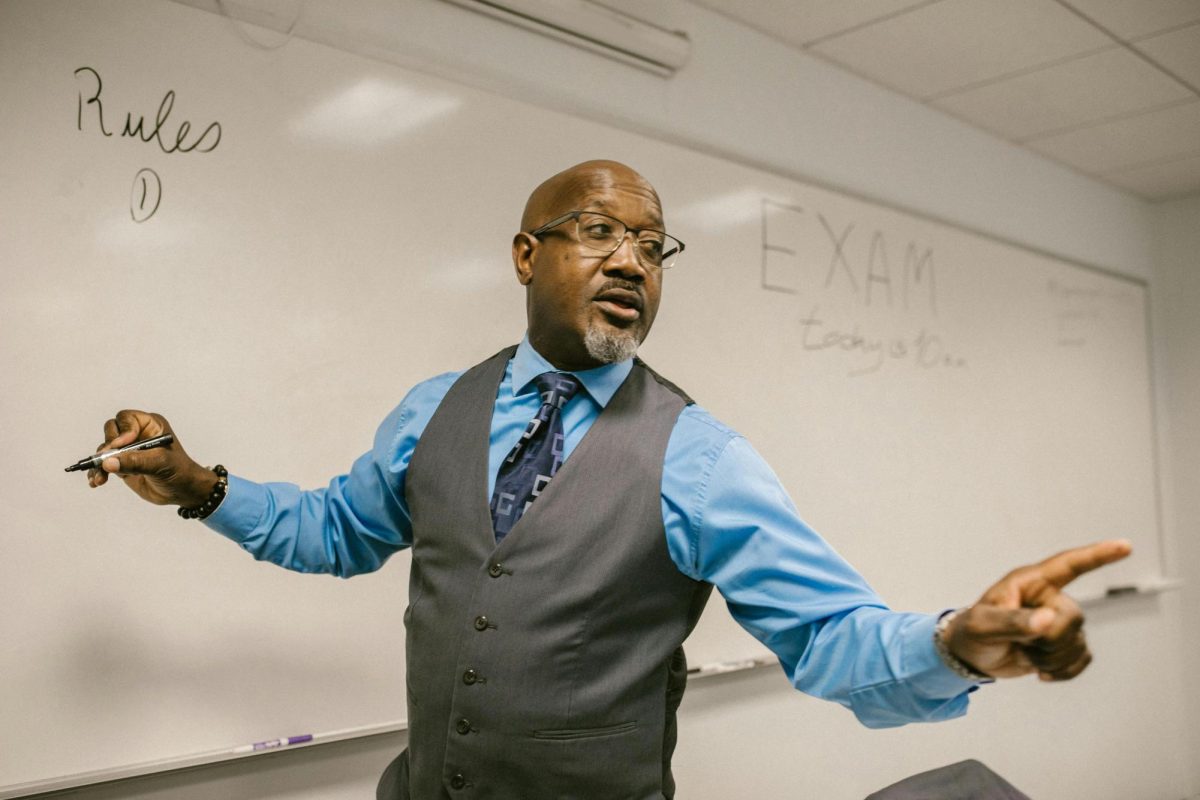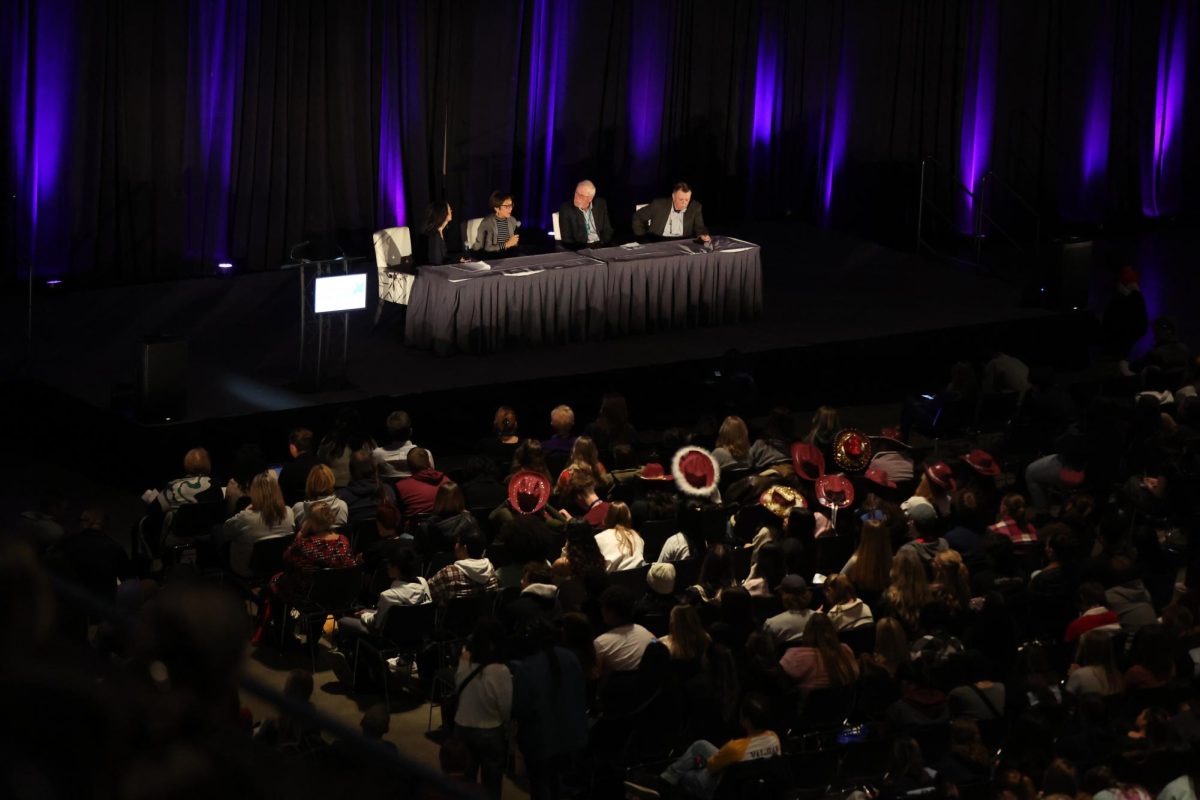The importance of knowing about law and ethics as they relate to scholastic journalism can’t be understated. Here’s a list of things to review so you are always in the know.
Our 100 lists of 100
1. It’s OK to be confused by press law and ethics — that’s why you have dedicated experts to help make it clearer!
2. The First Amendment.
3. There’s not an age minimum for the First Amendment
4. The First Amendment wasn’t written first. It was just adopted first.
5. Just because you legally can doesn’t mean you always should.
6. We celebrate Student Press Freedom Day every February as part of Scholastic Journalism Week.
7. The difference between prior review and prior restraint and how those relate to student media law.
8. Prior review often leads to prior restraint. The SPRC has authored extensive materials of all types on prior review and ways to design processes and guidelines on how advisers might handle prior review, and why it’s important to do so.
9. The SPRC authored two essential prior review statements, including questions advisers should ask those who want to implement prior review..
10. Whether or not your state has a New Voices law — and how to get involved in that movement or implementation of an existing law in your state.
11. How to ask for expert adviser help at the SPRC Panic Button.
12. How to ask for legal help on SPLC.
13. How to apply for JEA’s First Amendment Press Freedom Award (and why that is important).
14. Different publication forum statuses and why that’s important.
15. How foundations like mission statement, editorial policy, ethical principles and procedures strengthen student media’s content and context
16. JEA’s SPRC prepared nearly 75 Quick Tips that focused on key legal and ethical issues students might face and ways they might develop solutions
17. The SPRC created Tools of Truth, four key categories of law/ethics and media literacy lessons. The categories are Sloppy Reporting, Deceptive News, Identification of Fake News and Censorship.
18. Private school students’ press rights.
19. How to craft an editorial policy for your student media.
20. It’s generally legal to print curse words, but it may not be ethical.
21. The First Amendment protects hate speech, but student editors get to decide how to report on it. Ethical considerations and the need to minimize harm to marginalized communities are crucial to consider.
22. The National Press Photographers Association has a code of ethics for visual journalists.
23. Four factors of fair use.
24. Journalists should avoid the ethical pitfall of false balance.
25. Four elements people must establish to prove they have been defamed (aka libel law).
26. How to craft (and use) a death policy for your student media.
27. How to research/know your district’s student media policy
28. How to respond to takedown requests.
29. Copyright law.
30. The legal and ethical implications of controversial coverage.
31. The ethics of media’s use of disturbing images: the public’s right to know vs. invasion of privacy.
32. How to craft a student media agreement about who owns students’ work.
33. The legal benefits of schools’ being hands off of their student media (who’s liable in the case of a lawsuit?)
34. Keeping ads and journalism content separate.
35. Political ads: Who can place an advertisement?
36. How to fight self-censorship.
37. FERPA and its connection (or lack thereof) to student media.
38. FOIA: How to access public records and meetings.
39. Online and social media law.
40. It is generally legal to print minors’ names (but it may not be ethical).
41. Invasion of privacy law.
42. Legal guide to publishing leaked material.
43. Legal guide to surveying classmates.
44. How to handle mistakes in student media.
45. How to craft an ethical code for your student media publication and get students engaged in it.
46. The JEA Adviser Code of Ethics.
47. B.H. & K.M. et al v. Easton Area School District
48. Bethel School District No. 403 v. Fraser
49. Dean v. Utica Community Schools
50. Doninger v. Niehoff
51. Douglass v. Londonderry School et al.
52. Gambino v. Fairfax County School Board
53. Hazelwood School District v. Kuhlmeier
54. Tinker v. Des Moines Independent Community School District
55. West Virginia State Board of Education v. Barnette
56. Zucker v. Panitz
57. SPLC model copyright agreement
58. SPLC model guidelines for high school student media
59. SPLC model legislation to protect student free expression rights
60. SPLC’s Featured Legal Questions have answers to a lot of specific topics (for example, considerations around April Fools Day)
61. SPLC gives two awards related to scholastic press freedom: the Courage in Student Journalism Award and Student Freedom of Information Award.
62. Brighton High School has received the First Amendment Press Freedom Award three times
63. Chantilly High School has received the First Amendment Press Freedom Award nine times
64. Charles E. Smith Jewish Day School has received the First Amendment Press Freedom Award three times
65. Convent of the Sacred Heart High School has received the First Amendment Press Freedom Award seven times
66. Davenport Central High School has received the First Amendment Press Freedom Award five times
67. Francis Howell North High School has received the First Amendment Press Freedom Award eight times
68. Harrisonburg High School has received the First Amendment Press Freedom Award three times
69. Johnsburg High School has received the First Amendment Press Freedom Award four times
70. Kirkwood High School has received the First Amendment Press Freedom Award 22 times
71. Lakewood High School has received the First Amendment Press Freedom Award three times
72. McLean High School has received the First Amendment Press Freedom Award seven times
73. Monta Vista High School has received the First Amendment Press Freedom Award three times
74. Mountlake Terrace High School has received the First Amendment Press Freedom Award 13 times
75. North Central High School has received the First Amendment Press Freedom Award three times
76. Park High School has received the First Amendment Press Freedom Award five times
77. Smoky Hill High School has received the First Amendment Press Freedom Award three times
78. South Salem High School has received the First Amendment Press Freedom Award four times
79. St. Louis Park High School has received the First Amendment Press Freedom Award seven times
80. The Archer School for Girls has received the First Amendment Press Freedom Award eight times
81. Townsend Harris High School has received the First Amendment Press Freedom Award six times
82. Whitney High School has received the First Amendment Press Freedom Award eight times
83. West Virginia became the 17th state to pass New Voices legislation March 23, 2023
84. Arkansas is a New Voices state
85. California is a New Voices state
86. Colorado is a New Voices state
87. Hawaii is a New Voices state
88. Illinois is a New Voices state
89. Iowa is a New Voices state
90. Kansas is a New Voices state
91. Maryland is a New Voices state
92. Massachusetts is a New Voices state
93. Nevada is a New Voices state
94. New Jersey is a New Voices state
95. North Dakota is a New Voices state
96. Oregon is a New Voices state
97. Rhode Island is a New Voices state
98. Publications Boards
99. Washington is a New Voices state
100. As First Amendment attorney and professor Jim Wagstaffe says, “A lawyer’s favorite answer to a legal question is ‘it depends.’”
